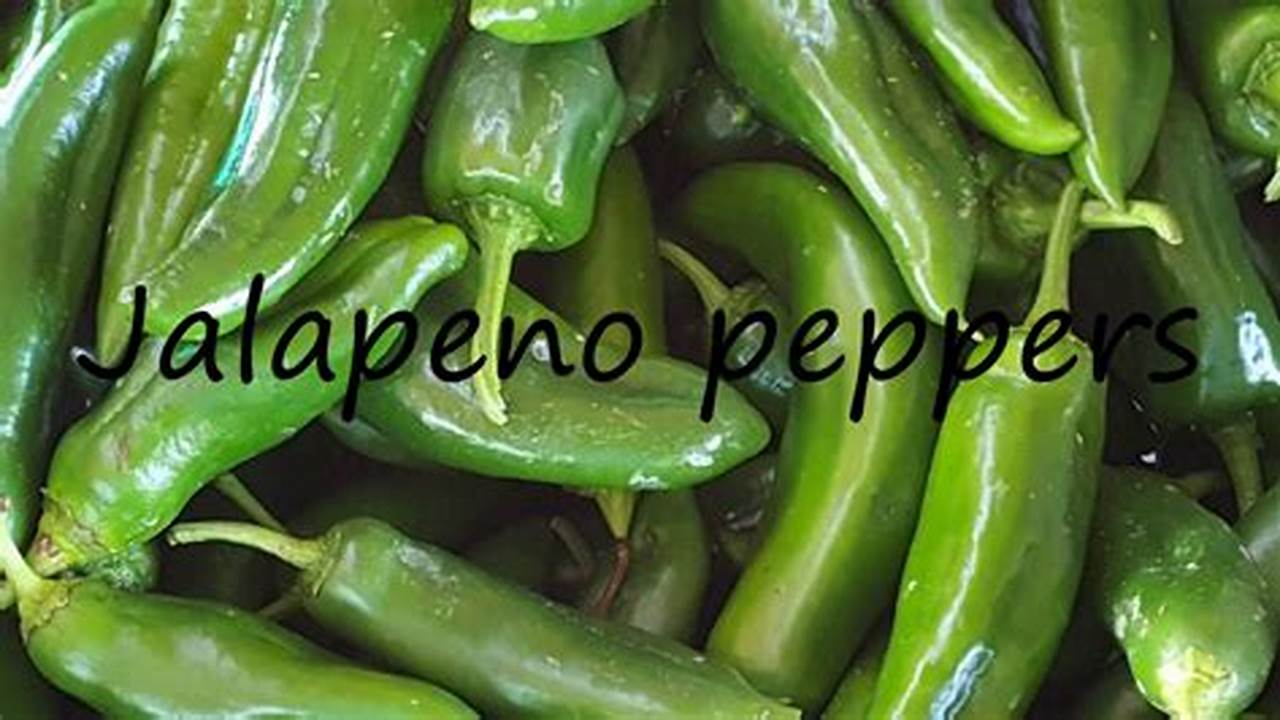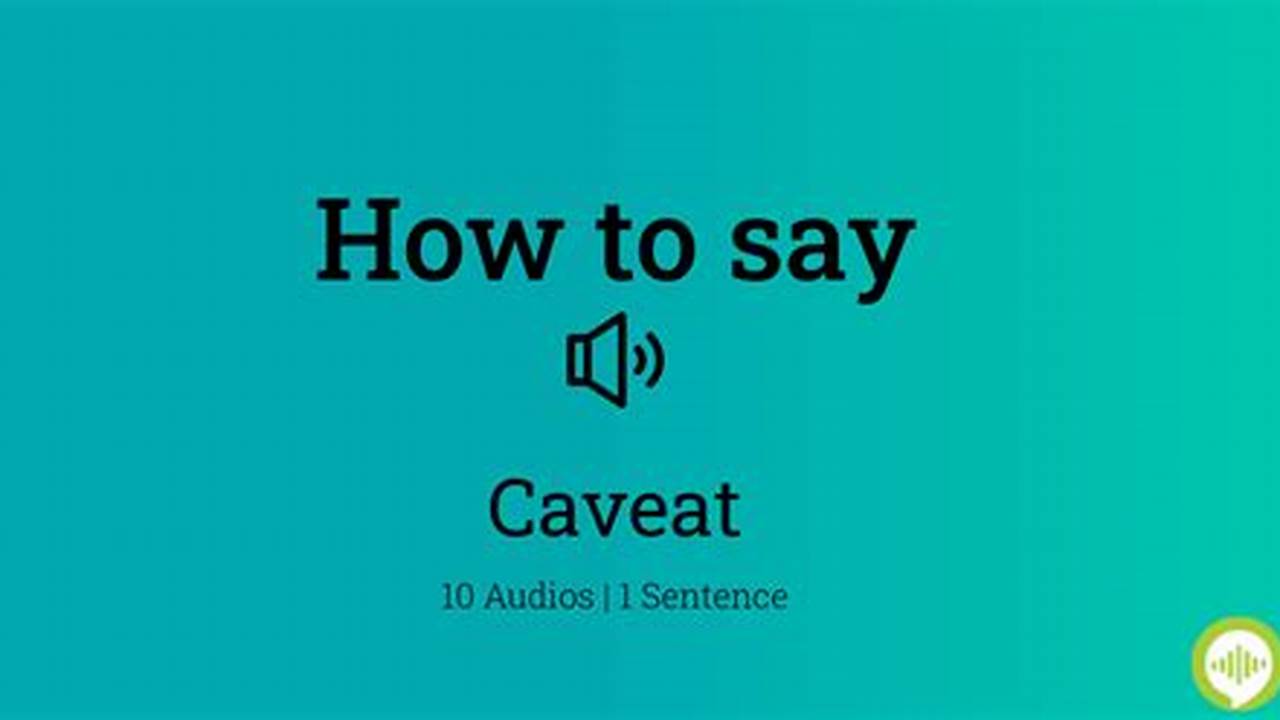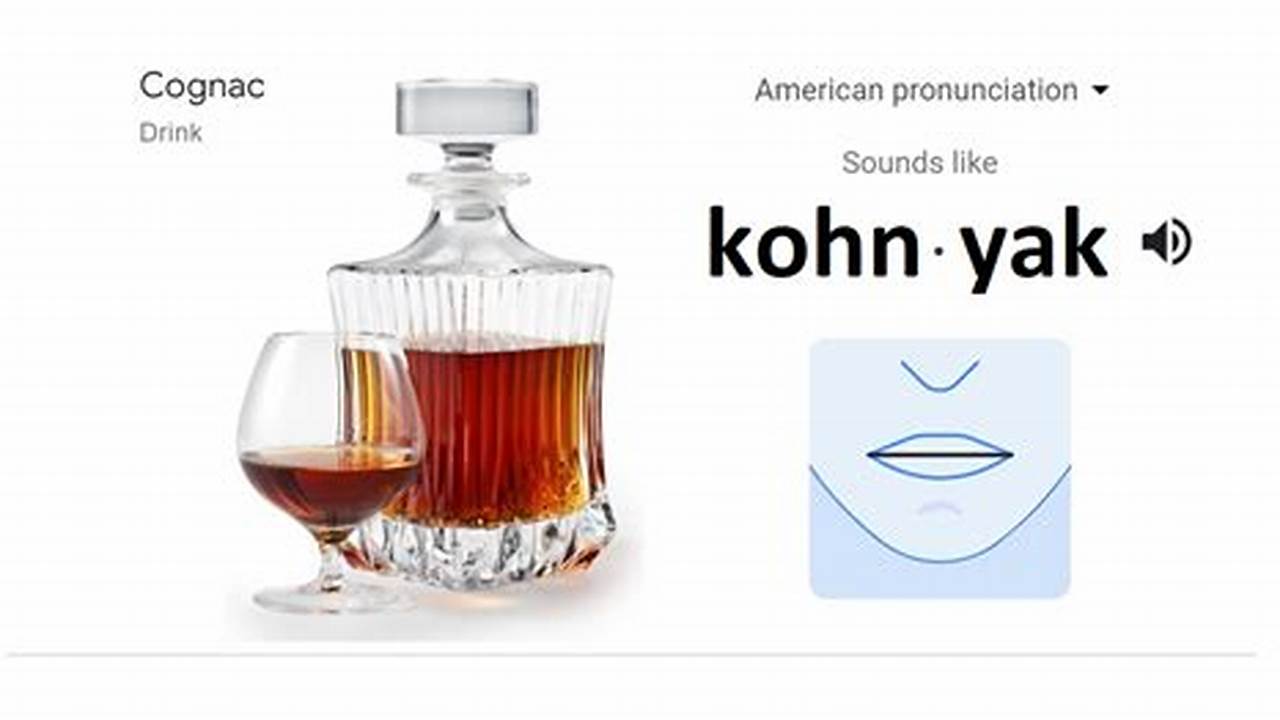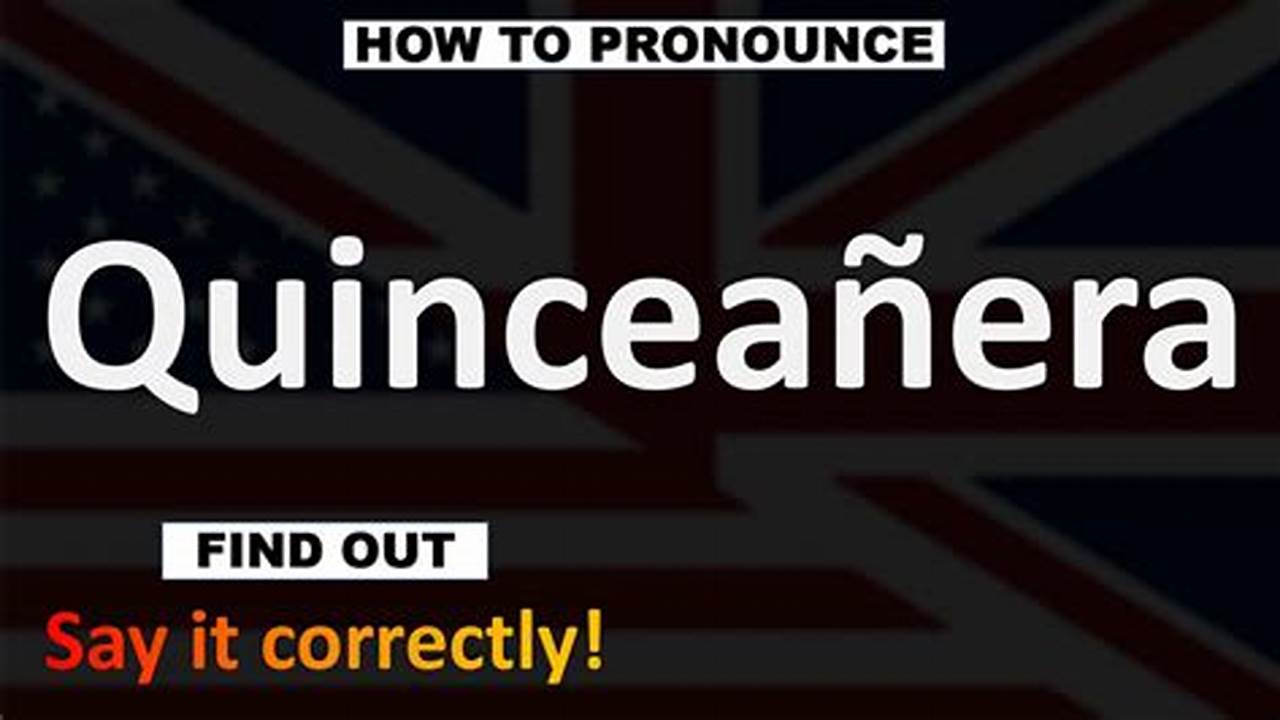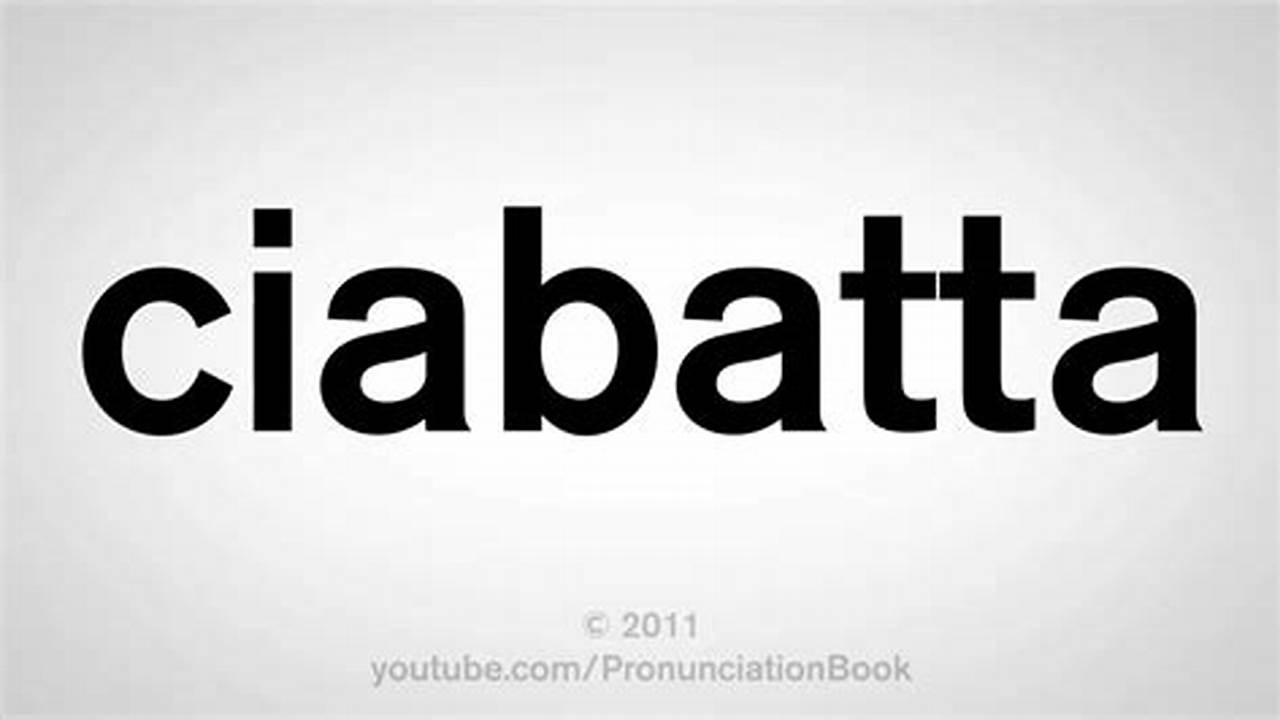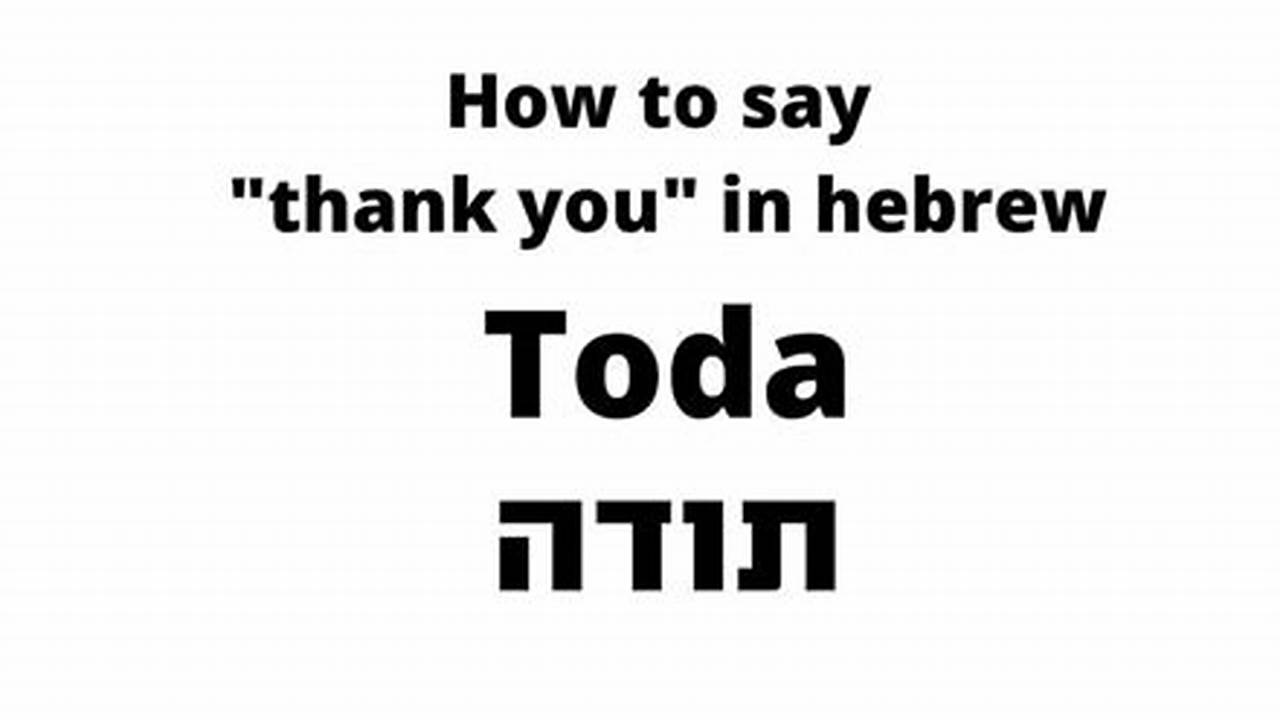
The word “palliative” is pronounced as “pay-lee-uh-tiv”. It is an adjective that means “intended to relieve or alleviate symptoms without curing the underlying cause”. Palliative care is a type of medical care that focuses on improving the quality of life for people with serious illnesses. It can include physical, emotional, and spiritual support.
Palliative care is important because it can help people with serious illnesses to live more comfortably and with less pain. It can also help people to cope with the emotional and spiritual challenges of their illness. Palliative care is not a substitute for curative care, but it can help people to live longer and better lives.


